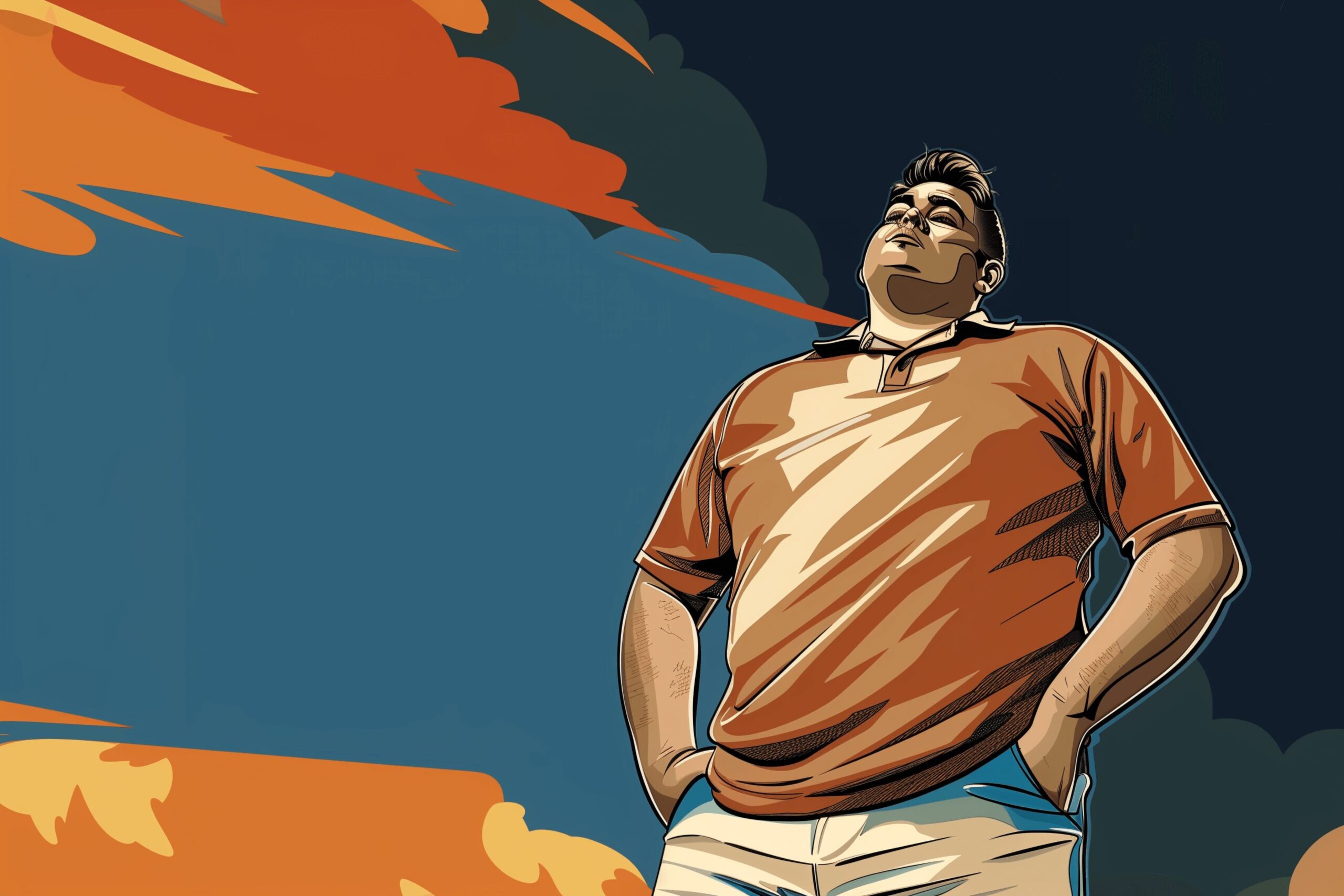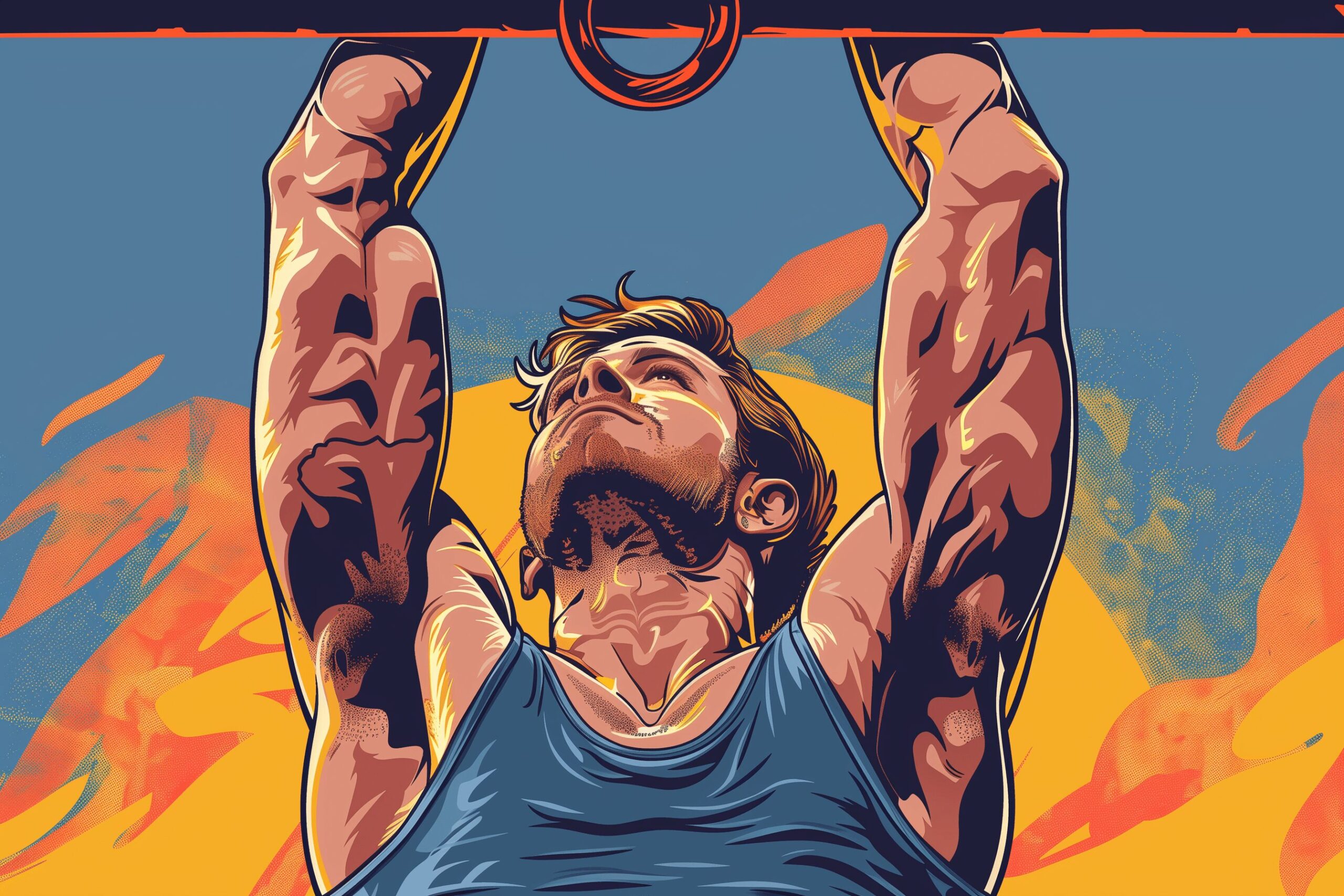7 Signs of Low Testosterone (And How to Fix It)
Apr 03, 2023

As an Amazon Associate, Modded gets commissions for purchases made through links in this post.
Self-diagnosing a health problem can be a struggle. When is it time to go to the doctor? How do you know if the issue is severe enough or just because you haven’t gotten enough sleep recently? Taking time to learn all the signs of every health problem is daunting, but at least you can understand the symptoms of low testosterone to normalize it and mentally prepare if necessary.
What Is Low Testosterone?
It is a medical condition, also known as male hypogonadism or testosterone deficiency syndrome. It refers to when the sex organs for assigned males at birth (AMAB) aren’t producing expected levels of sex hormones.
Individuals experiencing this can rest assured it’s a relatively typical ailment that’s usually low-stakes and easy to manage. However, support and research may be limited depending on gender identity or other influences, like hormone replacement therapy (HRT). The medical field is working to make research more comprehensive to include less-studied groups.
Low testosterone, or Low-T, is an inevitability, as it will naturally occur with age or have a higher chance of happening in people with diabetes. However, it can happen for numerous other reasons at any point in life. Testosterone is critical to the healthy development of muscles and bones, but many attribute it to self-worth and confidence, too. That’s why knowing the signs for long-term health maintenance is essential, though some symptoms may be signals for other conditions.
1. Mood Variances and Depression
Hormones are a major player in mood regulation, and changes in bodily processes only exacerbate these swings. Those with mental illnesses like depression may experience enhanced bouts, or individuals may face temporary depressive episodes.
Low-T could cause others to have reduced self-esteem, making matters more complex. Many attribute their energy management and expected libido to testosterone levels, and when the body compromises that, it can feel debilitating. Controlling mood on top of this could be challenging, but you can manage it until Low-T treatment with mindfulness and healthy habits.
2. Low Sex Drive and Erectile Changes
The most common sign of Low-T is a change in sex drive. Not only does Low-T cause this, but it can also incite erectile dysfunction and changes in sex organ shape and size. Noticing these changes can be mentally and physically shocking, but staying positive is essential as everything is fixable.
3. Fatigue
Fatigue is one of the most nebulous health symptoms, because it could be a sign for almost every health condition in the book. However, it’s crucial to notice shifts in energy levels or performance while asking reflective questions about the fatigue’s source:
- Have I been getting enough sleep or have other sleep issues, like insomnia or apnea, that would jeopardize sleep quality?
- Am I staying hydrated?
- How much stress have I been under recently?
- Am I participating in activities that energize me?
- Do I have a diet rich in nutrients and whole foods?
- How frequently do I move my body?
- Do I have other health conditions that justify my exhaustion?
If you have reasonable responses to these questions yet still have unexplained fatigue, Low-T could be the source.
4. Hair Growth Changes
If you notice any change in the growth patterns of your facial, armpit, pubic or other body hair, note it. Testosterone contributes to hair growth, and a sudden shift in hair growth expectations may be your body trying to alert you something has changed.
5. Weight Irregularities
Testosterone promotes healthy bone and muscle management, and if you’re Low-T, you could already be exhausted from low fatigue symptoms. These compound on each other, reducing motivation to continue a regular fitness regimen or healthy diet. Not only will fatigue lead to these potential symptoms, but they could also happen regardless of energy levels. Low-T could lead to becoming overweight, losing muscle mass or noticing a change in strength.
6. Anemia Symptoms
Some studies have shown those who have unexpected anemia symptoms might be able to attribute it to Low-T. This means anemic symptoms could be masking Low-T. So, keep an eye out for these signs of anemia:
- Poor memory
- Trouble articulating thoughts
- Reduced focus or concentration
- Issues performing tasks that used to take little to no effort
When you visit the doctor, they can also discuss how to manage anemia alongside testosterone deficiency.
7. Hot Flashes
Have you had trouble lately regulating your body temperature? Perhaps you found cranking up the air conditioning at night because of sweating, or when watching TV you feel waves of heat from nowhere. If you’re suddenly feeling warm in the face or start to sweat unexpectedly, you might be having a hot flash. Check your face and skin, noticing any areas reddening that don’t usually. Hot flashes are called flashes for a reason because they only last several minutes on average. Despite their fleeting signals, they can be a sign of low testosterone.
How Do I Fix Low-T?
Visiting a health professional is ideal if you suspect low testosterone because of numerous potential causes, including drug use and cirrhosis. It may also be a side effect of a condition you’re born with, like Klinefelter syndrome. Your doctor can begin the diagnostic process by ordering blood tests, performing physicals and referring you to necessary specialists — usually a urologist — to receive more specified care.
The most common treatment plan is testosterone therapy (TT). Medications will supplement what your body isn’t naturally producing. TT comes in many forms, depending on severity and preference, including injections and nasal gels. A patient’s ability to receive TT will rely on other health factors. Those undergoing TT should expect it to go for a long time, and it could be a lifelong adjustment if the doctors and patient deem it.
Health professionals can also suggest natural remedies, such as practicing good sleep hygiene, minimizing alcohol and drug use, eating a diet rich in whole foods and getting regular exercise as other ways to boost natural testosterone levels.
Keeping an Eye Out for Signs of Low Testosterone
Some of these symptoms could be for other ailments. However, you may have low testosterone if you’re experiencing multiple. In this case, it’s recommended to consult with medical professionals to receive an official diagnosis and prescribe a course of action. Being suspicious of a health problem would cause worry in most, but know if low testosterone is the cause, there are practical, accessible ways to manage it.





